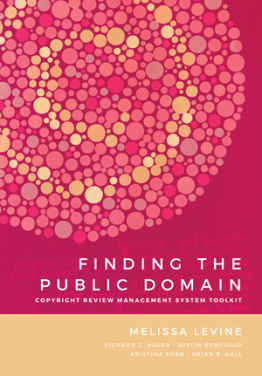 13 June 2016 – The University of Michigan Library announces the publication of Finding the Public Domain: Copyright Review Management System Toolkit, a resource dedicated to helping others understand the Copyright Review Management System (CRMS) and implement similar copyright review projects.
13 June 2016 – The University of Michigan Library announces the publication of Finding the Public Domain: Copyright Review Management System Toolkit, a resource dedicated to helping others understand the Copyright Review Management System (CRMS) and implement similar copyright review projects.
Working over a span of nearly eight years, with generous support from the Institute of Museum and Library Services (IMLS), the University of Michigan Library led a cooperative effort of nineteen partner research libraries to identify books in the public domain in the HathiTrust Digital Library. That effort, CRMS, has successfully performed over 330,000 copyright determinations for U.S. published volumes and over 180,000 determinations for volumes published in Canada, Australia, and the United Kingdom.
Melissa Levine, CRMS Principal Investigator and Lead Copyright Officer at the University of Michigan Library, recommends the Toolkit as “a significant and vital resource for more fully realizing the promise of the public domain.”
Mike Furlough, Executive Director of HathiTrust said that, “cooperative work has been the key to HathiTrust’s success, and there is no better example of this than the CRMS project. CRMS has enriched our understanding of the public domain. Users of the Toolkit will see that it has developed a methodology for copyright investigations that is as legally sound as it is innovative.”
The CRMS Toolkit, which provides a window into the collaboration, research methods and technology behind CRMS, aims to share this transformative activity broadly. The Toolkit is available for free as an e-book. Print copies, offered for sale on a cost recovery basis, are available through Amazon.
Last month, the CRMS project received the American Library Association’s 2016 L. Ray Patterson Copyright Award. For the ALA announcement, Kenny Crews, a former winner of the Patterson award and attorney and Professor of Law at Columbia University, remarked that the CRMS workflow “integrates the potential of research methods, technology, law, and transformed library services.” Sharon Farb, UCLA associate university librarian, lauded the importance of the CRMS “collaborative community based approach” to copyright review and expanding awareness of the public domain. Peter Hirtle of the Berkman Center for Internet & Society, Harvard University, said of the CRMS project that he was “hard pressed to think of a group that has done more to assist librarians in identifying, understanding, and expanding the public domain.”
Publication of the Toolkit was made possible through close collaboration with Michigan Publishing Services, a department of the University of Michigan Library, which offers a suite of services and expertise that increase the visibility, reach, and impact of scholarship originating at the University of Michigan and beyond.
For more information contact Melissa Smith Levine at mslevine@umich.edu


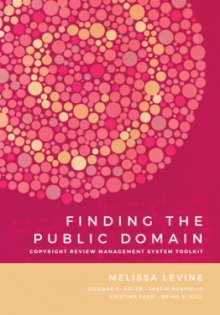

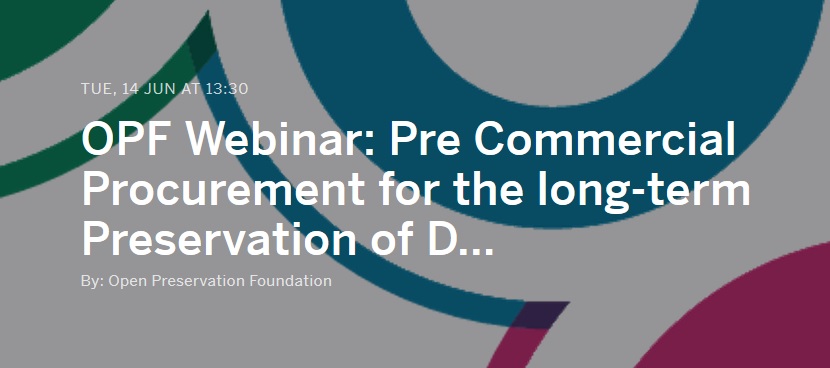
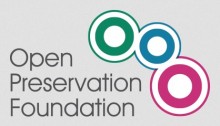
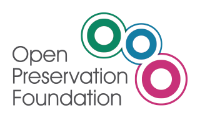 The 2014-2016 Annual Report has been published by Open Preservation Foundation.
The 2014-2016 Annual Report has been published by Open Preservation Foundation.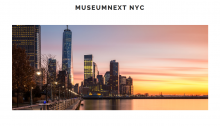
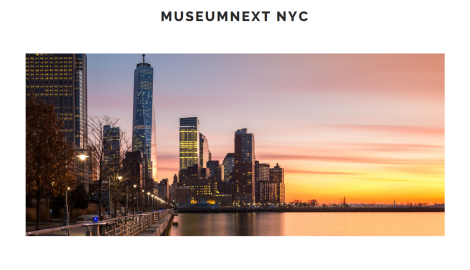
 A successful decade of European – Mediterranean Conferences on Cultural Heritage Documentation, Preservation and Protection (EuroMed): 2006 – 2016
A successful decade of European – Mediterranean Conferences on Cultural Heritage Documentation, Preservation and Protection (EuroMed): 2006 – 2016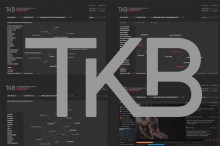


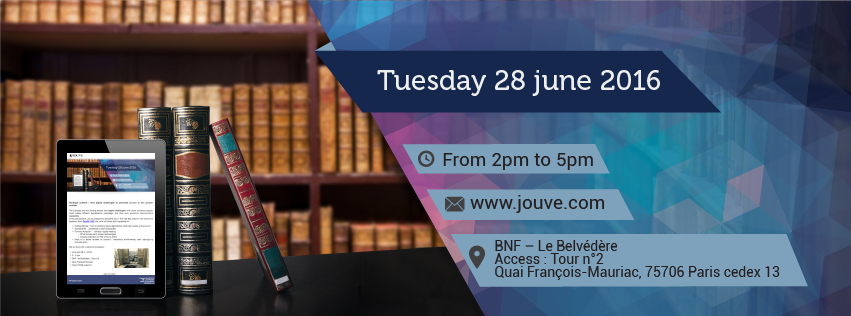
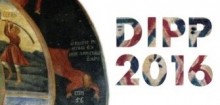

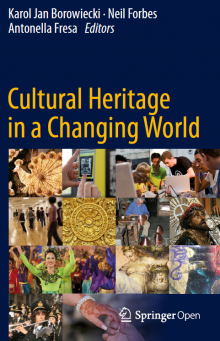
 Developed within the
Developed within the 































